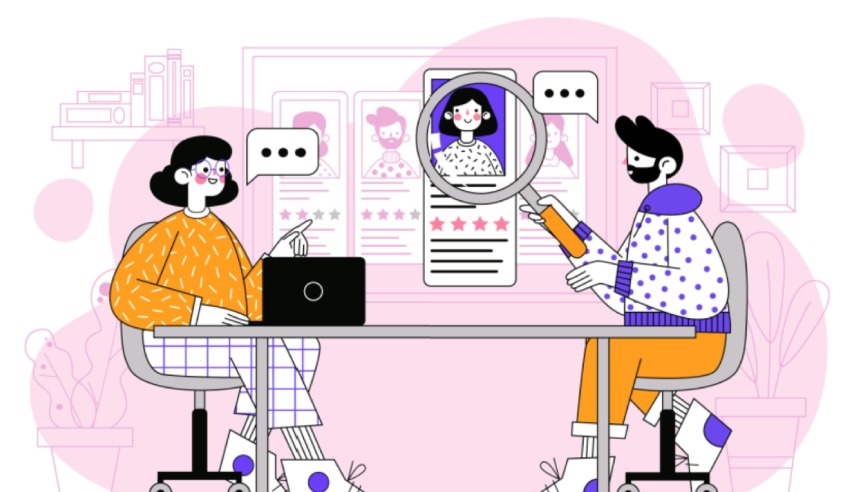With clerkship season in full swing, co-founders of the Disabled Australian Lawyers Association have shared with Lawyers Weekly their best tips and tricks for securing a position, including being confident in asking for reasonable adjustments, knowing their own worth and evaluating which workplaces are worth the application.

When applying for clerkships, now-special counsel and Disabled Australian Lawyers Association (DALA) co-founder Ella Alexander said that visibility of lawyers with a disability who have successful careers was almost non-existent, so for her, “I didn’t really know if the legal profession was a career I could succeed in”.
Established earlier this year, DALA hopes to stand in as a role model for up-and-coming lawyers while starting a national conversation about what legal practice looks like for disabled people to ensure a more inclusive profession. Speaking to Lawyers Weekly, the co-founders first share their best tips for applying for clerkships.
“One of my tips is to just be confident in asking for what you need,” graduate and co-founder Abbey Dalton shared. “I think the clerkship process is really stressful for all students and there’s added stress if you are a disabled person. One thing I noticed is if firms could sense I was confident in my identity, that made them feel at ease with something that was otherwise new to them.
“If I could just say, ‘hey, I have a disability, I require these adjustments, are you able to make them?’, or ‘thanks so much for inviting me to your assessment centre, can you please give me some additional information about the activities so I can inform you about how you can accommodate me?, firms were generally quite receptive. Just be really direct and self-assured in what you need. It’s really important because firms respond positively to that sort of energy.”
Ms Alexander mirrored this, adding new and young lawyers should not be afraid to request the adjustments that they need from the firm or organisation, “because, ultimately, you’re going to perform better if you can work in the way you need to.”
Fellow DALA co-founder and principal lawyer Natalie Wade said she would also encourage new clerks to have the courage and confidence in the process, but to also “be mindful that you have studied for this role, you are capable and as deserving as anyone else in the pool of clerks that would be applying for that role.
“While there are conversations to be had about disclosure and adjustments and all of those important things, at the end of the day you’re there to be the best clerk you can be and that is all anybody expects of you. I think it’s really important to remember that at the end of the day, there’s a job to be done and you’re capable of doing it,” she said.
Ms Dalton stressed that while the clerkship process is for firms to determine whether potential clerks are the best fit for them, it’s also about the applicant deciding if it is the kind of place that they want to work in. She said that when applying herself, she was worried about how firms would respond to what she needed. While there were firms that made the application process accessible and as equitable as possible, there were other firms that responded to her requests with some variation of, “no we don’t want to do that, that’s too much work.”
“The experience made me realise that you will have a much better experience and thrive in your career if you take a role at a firm that has an inclusive culture and supportive attitude towards disabled lawyers than one that doesn’t. This is what you should be looking for throughout the recruitment process,” she said.
Ms Dalton also added that applicants should be using the process to emphasise how being disabled has given them the behavioural qualities firms are looking for: “Like your problem solving and resourcefulness, which is literally a disabled person’s life. I think if we can leverage that in a positive light, that can be really valuable in the process.”
